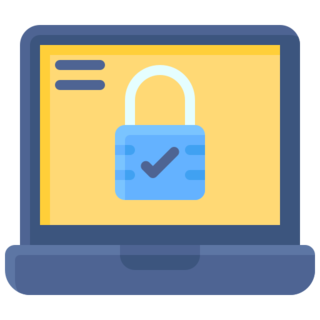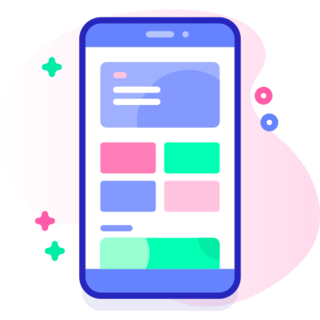Health
Digital Literacy Checkup: 3 Questions to Ask Your Patients
Before you recommend tech, check for these items.
Posted June 17, 2022 Reviewed by Tyler Woods
This blog post was co-authored with Katherine Swarts, Digital Content Writer in the BridgingApps department of Easter Seals Greater Houston.

There’s a National Mental Health Awareness Month every May, but now, in June, and for those living with or treating mental illness, every day is a mental-health-awareness day. And in the 2020s, that awareness includes digital literacy. Among the advantages of being “fluent” in app use, internet navigation, and virtual meetings:
- Ability to continue therapy appointments and participate in support groups when in-person meetings are impractical or impossible.
- Access to reliable sources of health information, plus ability to distinguish reliable sources from online rumor.
- Ability to locate and implement appropriate apps for specific needs.
Digital literacy can mean the difference between social isolation and social connection, or between anxiety and self-confidence. In some cases, especially where a person is at high risk for suicide or medical crisis, it can mean the difference between life and death.
As a clinician, you likely provide virtual counseling and other digital options for your patients’ convenience. But can all your patients use these options equally and effectively?

3 Questions
It’s little help to offer patients a link or an app recommendation that they don’t know how to use, or can’t access. Before introducing anyone to your office’s digital options, use the following questions to pinpoint how well the patient can take advantage of those options.
1. Do you have internet access at home?
Don’t just take “yes” or “no” for an answer: find out what sort of access. While over 90 percent of U.S. households have some level of internet service, only about 75 percent have the high-speed “broadband” needed to effectively use many apps and websites. (Pew Research Center, “Internet/Broadband Fact Sheet,” 04/07/2021.) Also, many people access the internet primarily by smartphone, so it’s important to know what device or devices a patient uses, and which types of technology-facilitated care are compatible with these devices.
2. Do you have any privacy concerns about using an app to support your mental health?

Again, get a detailed answer to this question: privacy operates on many levels. At home, many patients—especially if they share smartphones or lack private rooms—have legitimate concerns about their information being found by family members who may be unsympathetic, abusive, or prone to gossip. Patients with no or limited home internet access typically go online through public networks, many of which lack the technical security to keep other network users from “overhearing” private medical information. Also, many apps and programs come with privacy concerns of their own—so be sure to vet everything carefully before recommending it.
3. Are you currently using any mental-health and/or physical-health apps?
The best test of digital literacy is one's current level of digital participation. If a patient is already experienced with one or more health apps, find a way to tie those apps into the treatment plan. If a patient has no digital experience, be prepared to help them find easy-to-learn, user-friendly options that fit their specific needs. Remember that “useful” needn’t mean “bells and whistles.” For example, a simple smartphone camera can be used to create a “positive photos” journal, or a basic health app that comes with the phone can help with step tracking and other physical-activity goals.

Digital Navigators
If your patients (or you yourself) need help with digital literacy, the solution is a certified Digital Navigator—a person trained to walk others through everything from securing affordable internet access to handling app troubleshooting. Most Navigators are required to complete both in-person and online training sessions. To help your patients most effectively, it’s easy to work with someone who is certified—or to become certified yourself. (The time investment for training is minimal, usually under 12 hours.)
The world may be past the worst COVID-19 restrictions, but the new advantages of digital communication are here to stay. Coaching your patients in digital literacy is an important part of maximizing recovery.


